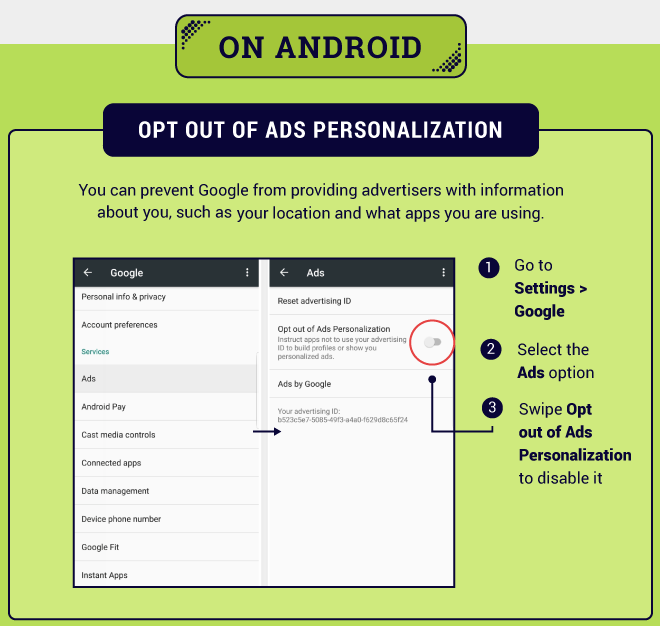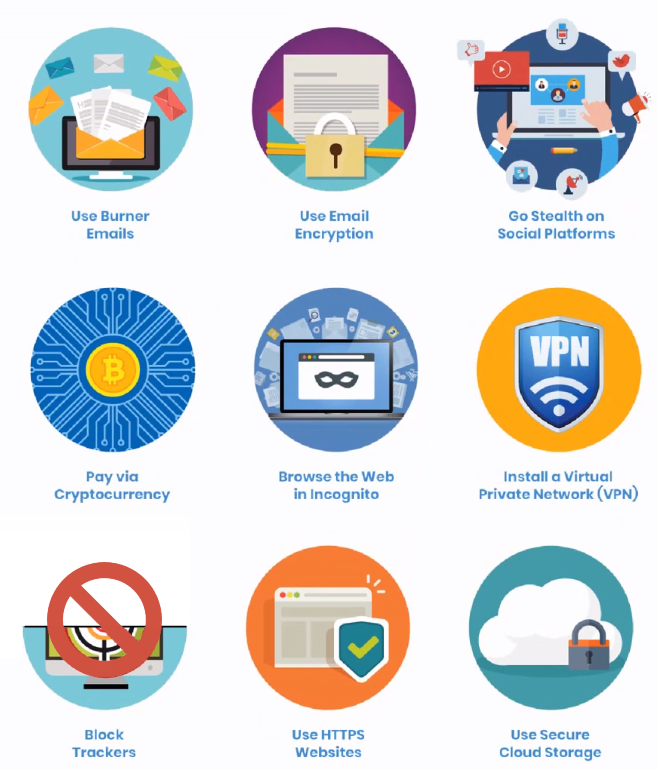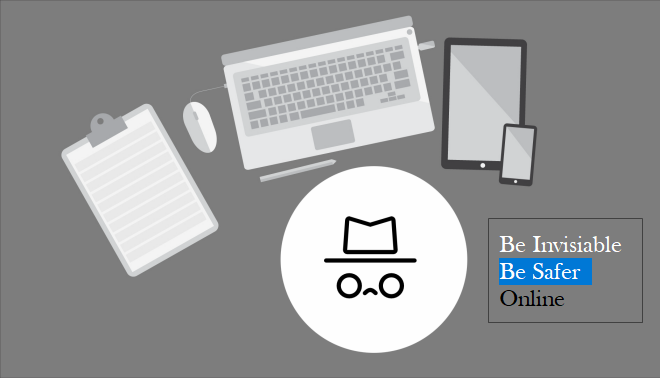
It’s important to make yourself virtually invisible online, so you can be anonymous, avoid advertising, evade hackers, deter stalkers, and prevent invasions of privacy. This post provides a few tips to help keep you online surfing safer.
Protect Your Personal Information Online
1. Lock Down Your Login.
Fortify your online accounts by enabling the strongest authentication tools available, such as Biometrics, security keys or a unique one-time code through an app on your mobile device. In some cases, our usernames and passwords are not enough to protect key accounts like email, banking, and social media. Make sure to disable the website to remember your login credentials for critical accounts.
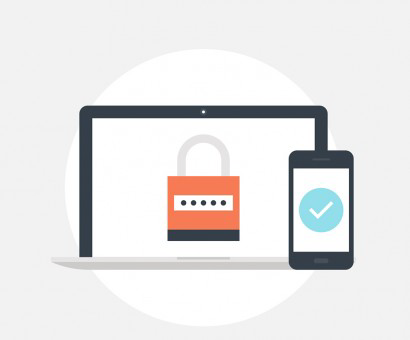
2. Make Your Password a Sentence.
A strong password is a sentence that is long enough. The idea of creating a phrase that is easy for you to remember, but no one else will ever think about attributing it to you.
Examples:
Personal Phrase: It was a sunny and bright Friday afternoon…
Password: Iw@s&b5a
Personal Phrase: My Father’s Birthday is October Twenty Four Nineteen Sixty Eight
Password: mFb!024n$8
Method: Chose first letter from each word, change some letters to special symbols, as well as change some letters to numbers that are easy to remember.
3. Unique Account, Unique Password.
Having separate passwords for every account helps to thwart cyber-criminals. At a minimum, separate your work and personal accounts and make sure that your critical accounts have the strongest passwords.
4. In case you forget your password, write the password down when you create a new one or when change password, make sure to keep them safe.
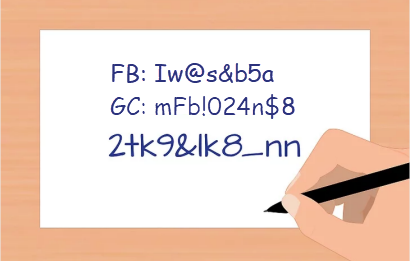
Keep Yourself Anonymous Online
Private information is big business. Information about you, such as your purchase history or location, has value – just like money. These following tips are the best way to reduces the amount of information you share online.
- Use burner e-mail.
- Use e-mail encryption.
- Go stealth on social platforms.
- Pay via Cryptocurrency.
- Browse the web in incognito.
- Install a virtual private network(VPN).
- Block trackers.
- Use HTTPS websites.
- Use secure cloud storage.
Keep Safe Surfing with Incognito Mode
You can make yourself be invisible on your browser by using incognito mode, which disables the tracking information in your browser and prevents websites from collecting browsing information. The following steps are about how to enable private browsing mode on Google Chrome and Firefox and how to open InPrivate Browsing in IE and Microsoft Edge.
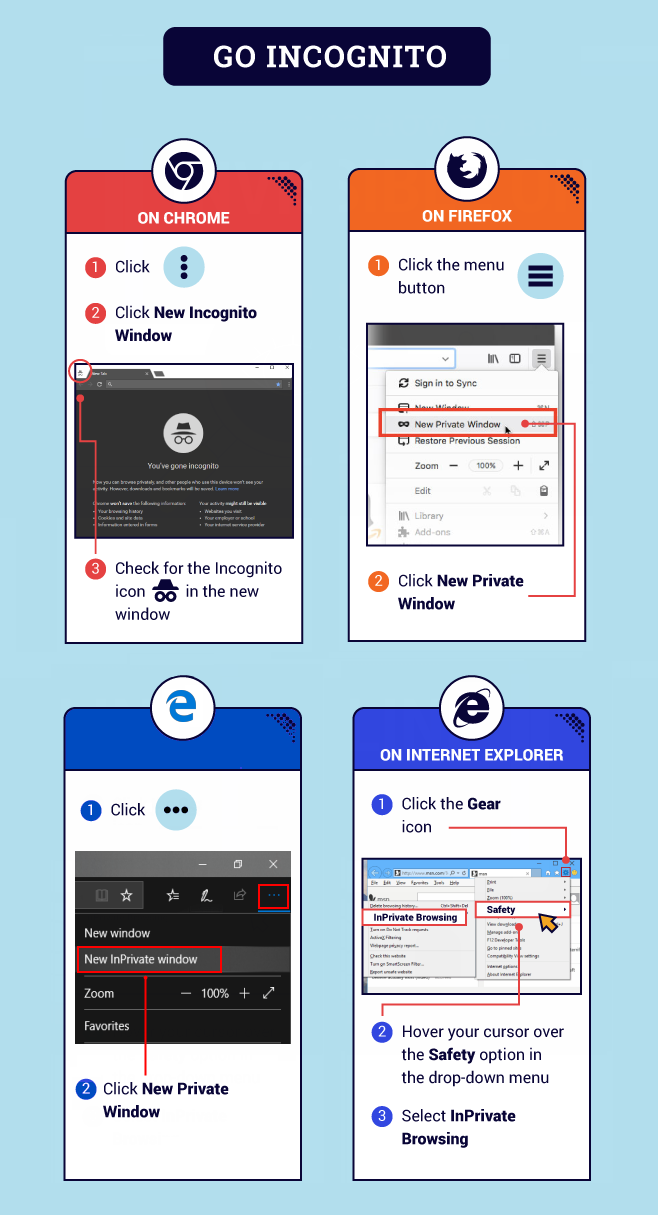
iOS browsers see: How to enable private browsing on iPhone/iPad/Mac.
Block Third-Party Cookies
Cookies are small pieces of data that enable information about you to be remembered by an external site. Blocking cookies prevents your Internet activity from being tracked.
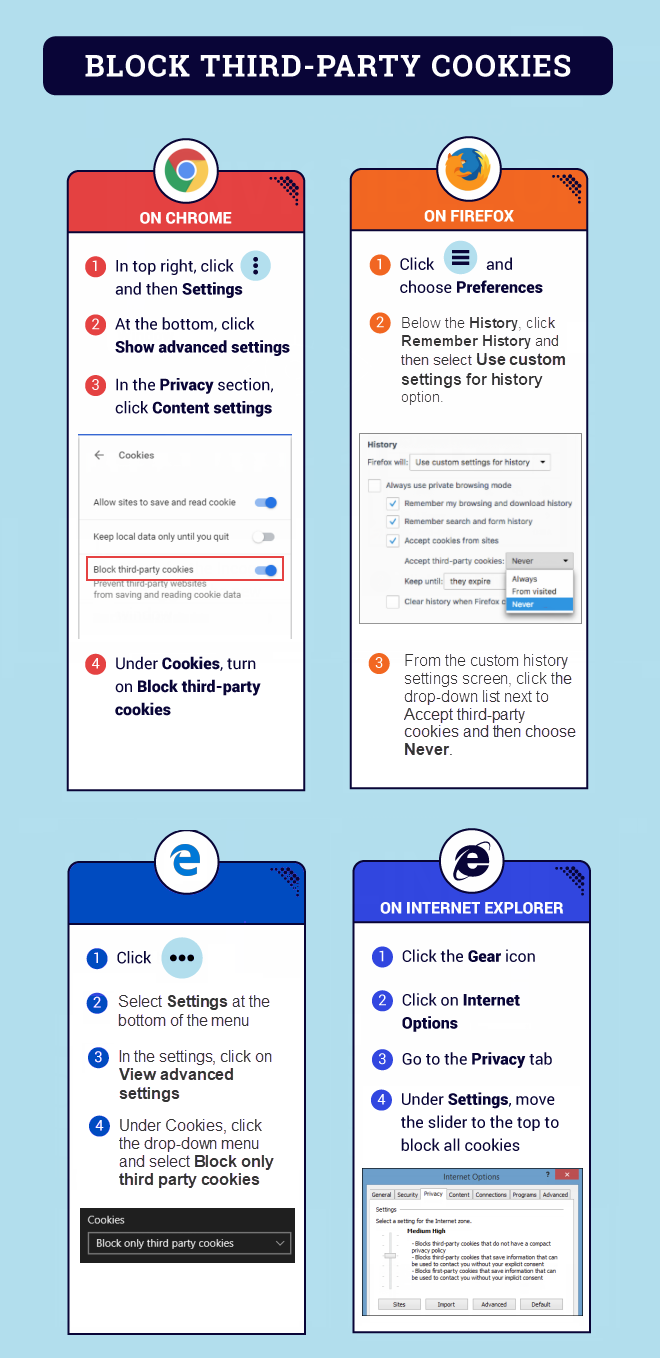
Note: Hide yourself on social media, like Facebook, Twitter, Instagram, Snap-chat, see this visual guide.
Stay Anonymous on Your Phone
In case of experiencing a mobile attack, you must ensure that your mobile activity is as inaccessible as possible. With the right settings, you will be able to remove website tracking data when you surf.
![]()
![]()
